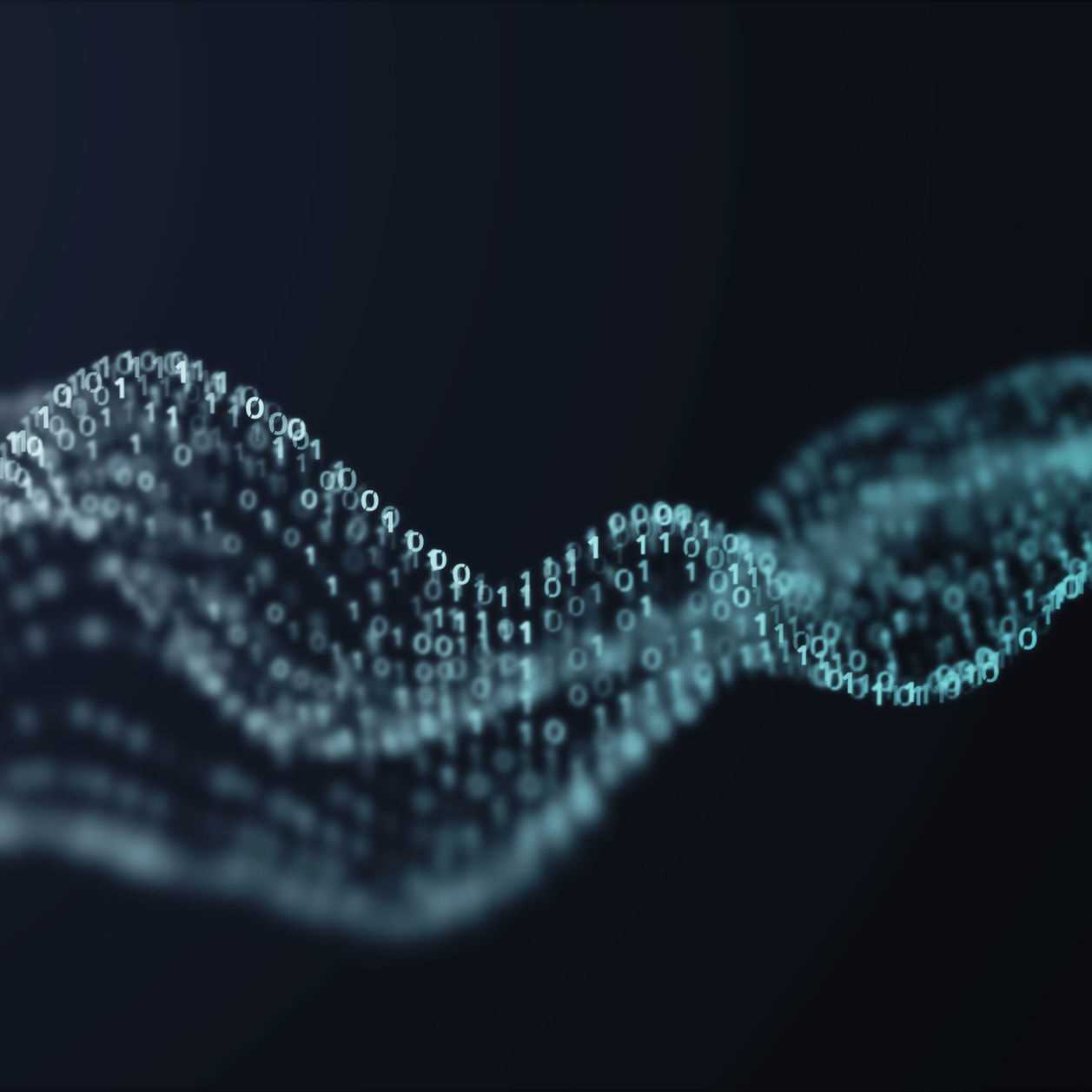France wonders how to get out of confinement without taking the risk of relaunching the Covid-19 pandemic on the territory. According to a group of doctors, the key is simply artificial intelligence.
The French government begins to think of deconfinement. How to get out of this health crisis, due to the Covid-19, without risking a second wave of contamination? Prime Minister Édouard Philippe has already mentioned thata massive and global deconfinement was not possible.
In a column published in the Sunday newspaper, several doctors defend the development of a digital tool based on artificial intelligence capable of make a "scan " of the French population from a sampling.
According to the signatories, Sadek Beloucif, anesthetist, Patrick Berche, microbiologist, Patrick Joubert, datascientist, Xavier Jouven, cardiologist and epidemiologist, Vincent Maréchal, virologist, Alexandre Mignon, anesthesiologist, Didier Payen, anesthesiologist, Gilles Pialoux, infectious disease specialist Vicaut, biostatistician, deconfining the entire population is actually not a good strategy to adopt. People who have not been affected by the virus could then be exposed to it and this would generate a second wave of the pandemic.
Population control?
One possible scenario would be to control the population using mobile apps. This method has been used in particular in Asian countries and seems to have proven itself. It would "plot " the movements of sick people and those with whom they have been in contact so that they can be confined. However, doctors admit that this strategy "doesn't look like France " and many could oppose it.
The signatories nevertheless propose the use of artificial intelligence. The initiative called CovidIA would put "implementing artificial intelligence models based on initial hypotheses on the disease"and test results, combined with"data from geolocation contained in mobile phones, in a controlled, anonymous and aggregated manner ". This would then allow "increasingly reliable predictions". They ask in this context "to the authorities that on a temporary and controlled basis, health data and certain data from mobile operators be made available, after anonymization and encryption, on a voluntary basis, all controlled by the CNIL and the competent authorities".
An attack on individual freedoms?
Édouard Philippe recently explained that methods of "tracking"would not be legally permitted in France. The Prime Minister, however, cited the hypothesis of "voluntary engagement"For his part, the Minister of Health, Olivier Véran, admitted that he was against this method "personally"
As for the Minister of the Interior, Christophe Castaner, he declared that"all available intelligence is necessary and will be used". According to him, "tracking is part of the solutions adopted by a certain number of countries, so we will have chosen to work with them to look at these solutions". "I am convinced that if they make it possible to fight against the virus and so obviously, they respect our individual freedoms, it is a tool that will be retained and supported by all French people.", he added.
However, the reality could be quite different. The majority of Internet users are already very reluctant or even radically opposed to the use of this strategy.
Coronavirus: according to Jean-Michel Blanquer, 50 to 70% of the French population will be contaminated
To follow the news, subscribe to the buzz newsletter.
Follow us on Pinterest.
To find our best articles on Messenger, subscribe here.
